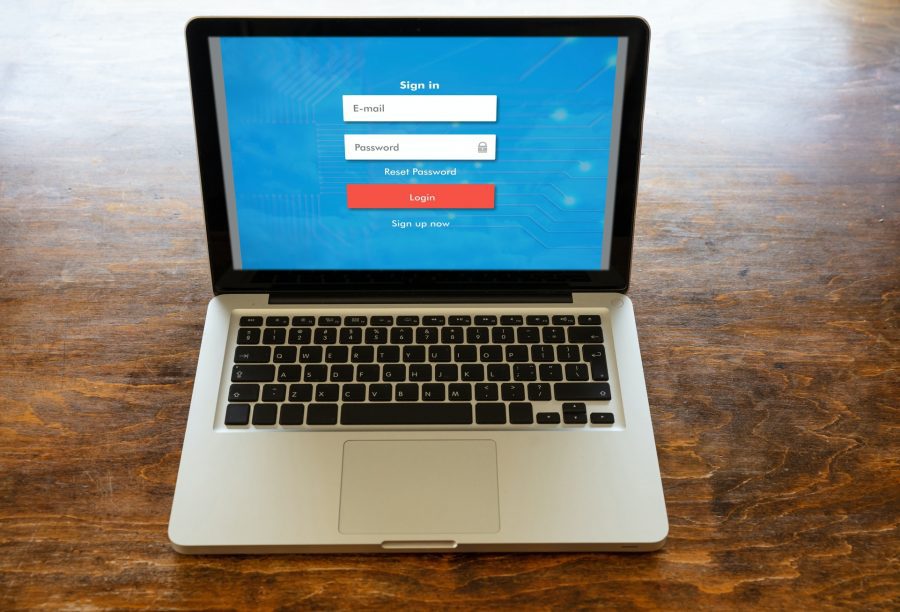
In the wake of digital transformation, businesses of all sizes find themselves under constant threat of cyber-attacks, online scammers and hackers, and nefarious online activity in general. Now that companies have more access points to their data stores and sensitive customer information than ever before, including email, domains, payment platforms, IoT devices, and more, it’s important more than ever before to focus on cybersecurity. Elevating your cybersecurity is one of the most important improvements that will help you run a more successful business, and build your company’s reputation through consumer trust and loyalty. It could be said it’s the linchpin of business growth.
Cybersecurity plays a vital role in numerous internal and external processes and helps keep your business data and customer data safe in every scenario. That said, it can also help you build a solid brand on the foundation of reliability, trust, and safety, which are some of the key traits that modern customers are looking for. With that in mind, let’s take a look at the best cybersecurity practices that are facilitating business growth and long-term success.
Educating The Employees On Cybersecurity
Employees are using more devices and software solutions than ever before, as nowadays there is an app and a handy tool for everything from lead generation and sales to HR and PR, all the way to communication and collaboration. Needless to say, the more devices and software tools you and your team members are using, the more potential entryways into your company’s data stores you have. All of these entryways need to be sealed shut to the outside world, but before you start thinking of firewalls and monitoring software, you need to focus on employee education.

After all, your employees need to know how to spot phishing scams and other forms of cyber-attacks in order to prevent cybercriminals from obtaining sensitive data and prevent inadvertent data leaks. Be sure to conduct cybersecurity workshops that focus on:
- Email security.
- Phishing scams and social engineering.
- Proper data storage and sharing.
- Messaging and cloud-based communication.
- Password management.
- Cybersecurity threats and common types of cyber-attacks.
Using Two-Factor Authentication
Now that your employees know how to spot online scams and prevent data leaks through human error, you can integrate the first security measure – two-factor authentication for all devices and accounts in your company. Every tool and device your employee’s use requires unique log-in information, typically in the form of an email and a password, which is the primary layer of defense for every app. However, this is no longer enough to guarantee the safety of the account as scammers and hackers can obtain log-in information in numerous ways.
To prevent unlawful entry into any device or any tools your employees use, especially when you’re managing remote employees, it’s important that you enable two-factor authentication that will require the user to verify their identity. This second layer of defense can be a security question or a unique code that the user receives via SMS that will allow them to log into their account.
Ensuring Complete Network Security
Companies of all sizes are nowadays migrating to the cloud, and for a number of key reasons, most of which revolve around greater operational efficiency and lower long-term costs. While you might not need anyone to convince you to adopt cloud computing for your business, it’s important to keep in mind that you need to work with a provider that can ensure complete computer network security for your entire operation using numerous security tools and solutions. After all, a single software firewall is not enough to keep your company safe.
Instead, your cloud provider needs to provide you with leading security systems, including software and hardware firewalls, AI-driven security applications, network monitoring systems, complete endpoint protection, deep traffic inspection and monitoring, and more. Combined, these and other security features will allow you to retain absolute control over your network and minimize threats on all fronts.
Running Security Tests And Audits

Of course, you can’t expect to stay ahead of the increasingly-proficient cybercriminals if you’re not constantly testing and probing your cybersecurity systems. You need to do this in order to uncover any potential weak points in your security systems before they do so that you can patch them up quickly and strengthen your cybersecurity as a whole. Make sure that your provider runs regular security tests and continues to implement the latest patches and upgrades to your system so that you can keep growing your business efficiently and effectively.
Implementing A Better Password Policy
Last but not least, it’s always a good idea to strengthen your password policy by educating your employees on proper password creation and management. However, it’s an even better idea to eliminate the human factor from this process and simply start using a reliable password management tool to generate truly impregnable passwords and log-in information for all devices and software in your company. That way, you’ll know that nobody used their dog’s name as their password, or worse, their birthday.
Wrapping Up
Digital transformation has changed the business world for the better, but it has also created numerous security concerns that business leaders need to address quickly in order to keep their companies safe. These are some of the most effective solutions that can help your company preserve its reputation and maintain a steady rise in the industry. Cybersecurity is the linchpin of business growth.

